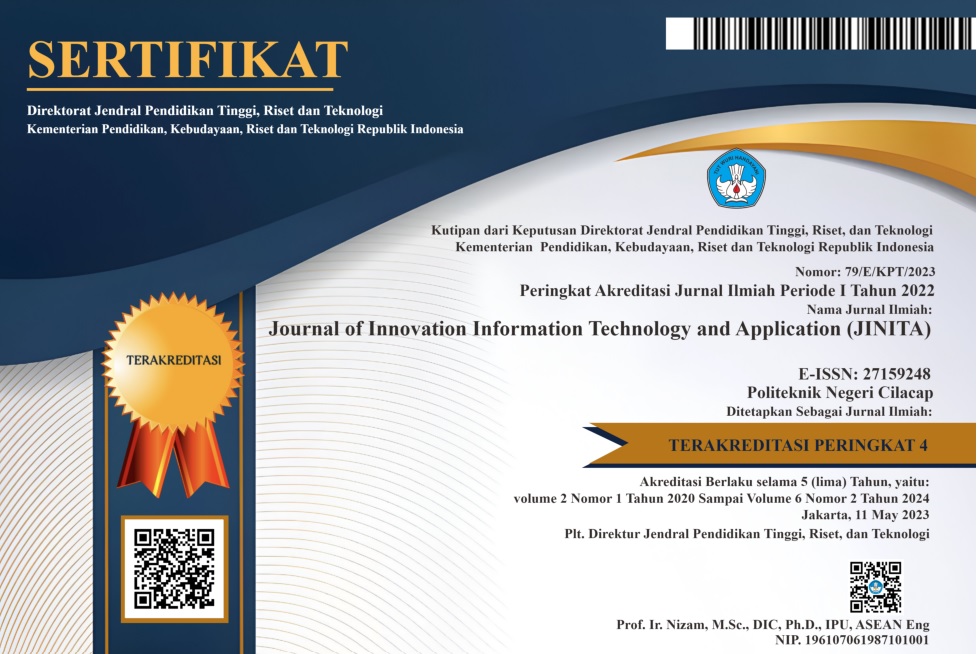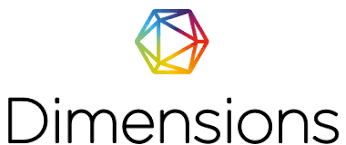Towards automatic Maude specifications generation from C functions
 Abstract views: 149
,
Abstract views: 149
,
 PDF downloads: 167
PDF downloads: 167
Abstract
In this paper, we aim to contribute to the knowledge about how imperative C functions can be transformed to Maude functional and system modules respectively. Maude is a formal specification language characterized by simplicity, expressivity and good performance. It is a multi-paradigm meta-language based on rewriting logic and equational theories used to specify, simulate and formally verify concurrent and distributed systems. Maude has been used to define the operational semantics of many programming and specification languages. In particular, the addition of this paper is to close the gap between a subset of the C standard language and Maude relying on a transformational approach.
References
[2] M. Bonger, Reasoning about C programs, PhD thesis, University of Queensland. 1998.
[3] F. Boutekkouk, “Maude Specification Generation from VHDL”, Das, V.V., Chaba, Y. (eds) Mobile Communication and Power Engineering. AIM 2012. Communications in Computer and Information Science 296, Springer, 2013, doi: 10.1007/978-3-642-35864-7_56
[4] M. Clavel, F. Duran, S. Eker, S. Escobar, P. Lincoln, N. Marti-Oliet, J. Meseguer, and C.Talcott, Maude Manual (Version 2.7.1), 2016.
[5] P. Cuoq, F. Kirchner, N. Kosmatov, V. Prevosto, J. Signoles, and B. Yakobowski, “Frama-C A Software Analysis Perspective,” Formal Aspects of Computing, 2012.
[6] C.M. Ellison, A Formal Semantics of C with Applications. PhD thesis, University of Illinois, 2012.
[7] J.A. Goguen and G. Malcolm, Algebraic Semantics of Imperative Programs (Book), MIT Press, ISBN: 9780262071727, 1996.
[8] P. Hartel and H. Muller, Functional C. Revision 6.8. 1999.
[9] D. Insa and J. Silva, “Automatic Transformation of Iterative Loops into Recursive Methods,” n: CoRR abs/1410.4956, 2014.
[10] ISO/IEC 9899:2018, Information technology — Programming languages — C, https://www.iso.org/standard/74528.html
[11] F. Ivancic, I. Shlyakhter, A. Gupta, M.K. Ganai, V. Kahlon, C. Wang and Z. Yang, “Model Checking C Programs Using F-SOFT,” International Conference on Computer Design 31 October, San Jose, CA, USA, 2005.
[12] K. Jiang, Model Checking C Programs by Translating C to Promela, Master thesis, Linkoping University, Sweden, 2009.
[13] R.J. Krebbers, The C standard formalized in Coq, PhD thesis, Radboud University Nijmegen, 2015.
[14] J.B. MacLennan, Functional Programming: Practice and Theory. Addison-Wesley, 1990.
[15] M. Norrish, C Formalised in HOL. PhD thesis, University of Cambridge, 1998.
[16] M. Sammler, R. Lepigre, and R. Krebbers, “RefjnedC: Automating the Foundational Verifjcation of C Code with Refjned Ownership Types, ” PLDI ’21, Canada, 2021.
[17] N. Schirmer, Verification of Sequential Imperative Programs in Isabelle/HOL. PhD thesis, Technische Universitat Munchen, 2005.
[18] A. Stefanescu, “MatchC: A Matching Logic Reachability Verifier Using the K Framework,” Electronic Notes in Theoretical Computer Science 304, pp. 183–198, 2014.
[19] Summary of C/C++ program verification tools - Programmer Sought, 20/07/2021 https://programmersought.com/article/90174848682/
[20] A. Verdejo and N. Martı-Oliet, “Executable Structural Operational Semantics in Maude,” The Journal of Logic and Algebraic Programming, 67, pp. 226–293, 2006.
Copyright (c) 2023 Fateh Boutekkouk

This work is licensed under a Creative Commons Attribution 4.0 International License.
Authors who publish with this journal agree to the following terms:
- Authors retain copyright and grant the journal right of first publication with the work simultaneously licensed under a Creative Commons Attribution License that allows others to share the work with an acknowledgement of the work's authorship and initial publication in this journal.
- Authors are able to enter into separate, additional contractual arrangements for the non-exclusive distribution of the journal's published version of the work (e.g., post it to an institutional repository or publish it in a book), with an acknowledgement of its initial publication in this journal.
- Authors are permitted and encouraged to post their work online (e.g., in institutional repositories or on their website) prior to and during the submission process, as it can lead to productive exchanges, as well as earlier and greater citation of published work (See The Effect of Open Access).
















